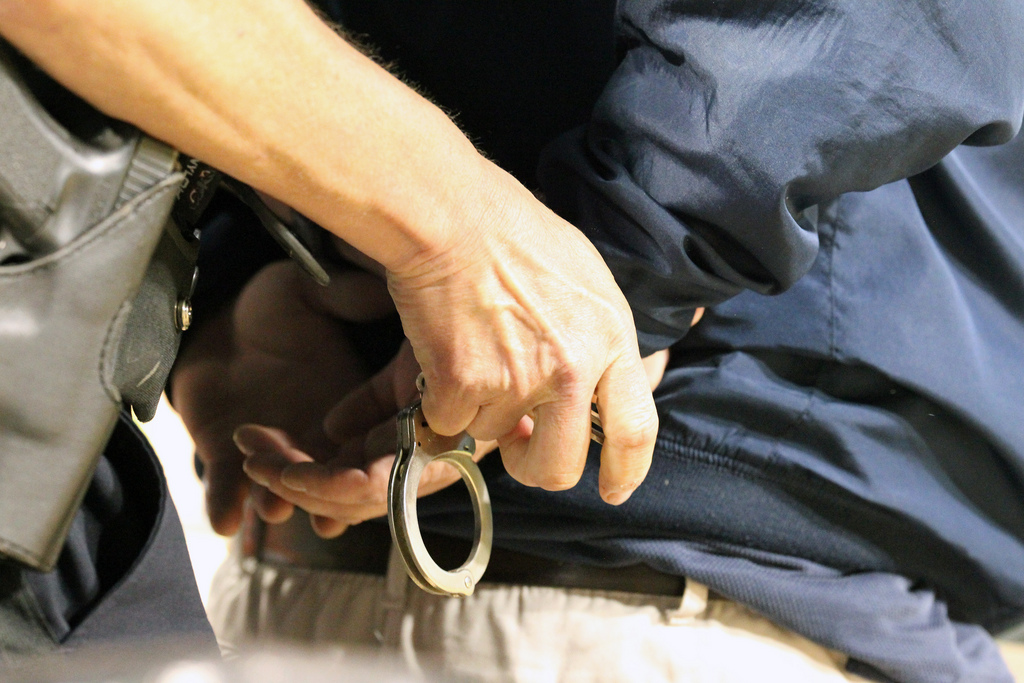Cops Weigh Chance of Conviction Before Arresting Rape Suspects: Study
Police officers’ perceptions about the chances of a rape suspect being convicted can determine whether they actually make an arrest, concluded a California study which found that less than half the rape cases reported to law enforcement ended in an arrest.
The study, published in the Justice Quarterly this month, attributed the low number of arrests to police officers’ belief that a conviction was unlikely.
“Police officers view the decision to arrest as the first step in the process of securing a conviction in the case,” the study said. “And as a result (police) are reluctant to make arrests that are unlikely to lead to the filing of charges.”
The researchers, Cassia Spohn, a foundation professor and director of the School of Criminology and Criminal Justice at Arizona State University; and Katharine Tellis, Interim Director of the School of Criminal Justice and Criminalistics at California State University, analyzed data on sexual assaults reported to the Los Angeles Police Department and the Los Angeles County Sheriff’s Department in 2008.
They found that only 46.8 percent of rape cases reported ended in an arrest.
According to the authors, arresting and charging decisions in sexual assault cases are affected by “legally irrelevant indicators” such as the victim’s behavior at the time of the incident, her character, reputation, and motivation for reporting the crime to the police.
But under the Uniform Crime Reporting Handbook, law enforcement agencies can legally drop cases after an arrest. If the district attorney deems the evidence in the case insufficient to justify charging, police officers are able to end the investigation by “exceptional means,” the study said.
“This is what more typically happens,” added the study.
The authors argued that law enforcement in Los Angeles misused the “exceptional means” clearance of sexual assault cases in two important situations: when an arrest does not lead to the filing of felony charges, and when cases are rejected for prosecution during the pre-arrest charge evaluation.
“Whether a subject is arrested should not be contingent on whether the prosecuting attorney believes that the evidence meets the standard of proof beyond a reasonable doubt and that the case would result in jury conviction,” the study said.
Doing so subjects the decision to arrest to a higher standard of proof than is required by law and effectively gives the prosecutor control over the decision to arrest, the authors noted.
When sexual assault charges did reach the district attorney, they were only filed six percent of the time if there was not a prior arrest, the study found.
But when there was a prior arrest, cases were filed 50 percent of the time.
Detectives acknowledged during interviews that their decisions on making an arrest were influenced by signals from the District Attorney’s office of whether a successful prosecution could be brought.
The study said this suggested that pre-arrest charge evaluation is being used not to ensure that “all of the i’s are dotted and t’s crossed, but to dispose of weak or problematic cases.”
The study also found that arrest was more likely if the crime was more serious, as measured by whether the suspect physically, as well as sexually, assaulted the victim, whether the suspect used a weapon, and whether the victim suffered some type of collateral injury.
Police were more likely to arrest the suspect if the victim reported the crime within one hour, if there was physical evidence from a crime scene, and if there were a number of witnesses, the report said.
A full copy of the study can be downloaded here.
This summary was prepared by TCR staffer Megan Hadley. Readers’ comments are welcome.







